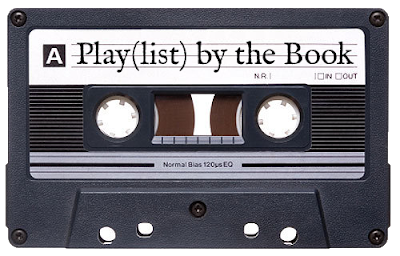Posts
Showing posts from February, 2016
Review: Bioshock- Rapture by John Shirley
- Get link
- X
- Other Apps
Play(list) by the Book: Bioshock - Rapture
- Get link
- X
- Other Apps
Review: Headlines You May Have Missed by Morris Brady
- Get link
- X
- Other Apps
Weeckies: The Trial for Murder by Charles Dickens
- Get link
- X
- Other Apps
Review: A Guide Through A Woman's Mind: Women, It's Time to Say What You Mean...And Mean What You Say! by Rea Unique
- Get link
- X
- Other Apps





